Despite welcoming the announcement, concerns remain about the future of freelance musicians in the UK
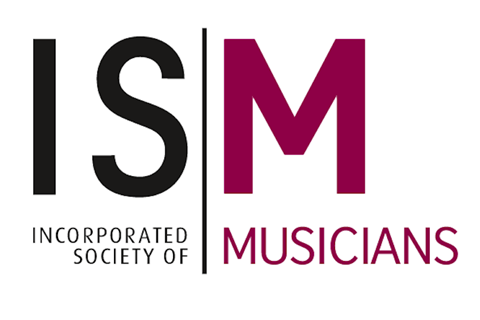
The Incorporated Society of Musicians (ISM) has welcomed yesterday’s announcement from UK Culture Secretary Oliver Dowden that indoor performances with socially distanced audiences will be permitted from this weekend.
Responding to the announcement, the ISM’s Chief Executive, Deborah Annetts, said: ‘It is welcome news that after much delay socially distanced indoor live performances can now take place as part of the government’s five-stage roadmap for reopening.’
However, she continues: ‘Despite being highly skilled, the majority of musicians are not highly paid, and their income is overwhelmingly dependent on performing. The fact still remains that until live music venues can fully reopen without social distancing, musicians will not be able to fully return to work, and their income will be far less than before COVID-19, which is not sustainable.
‘We remain concerned that those eligible for the Self-Employment Income Support Scheme will only covered by the scheme until August. Musicians face the prospect of no further financial support as they transition back to work.
‘The government must extend the Self-Employment Income Support Scheme until at least the end of the year, and widen the eligibility criteria for freelancers to access vital support during this difficult time. The music industry, which is one of the last sectors of the economy to reopen, provides so much cultural and economic value to our country, and without additional financial support for freelancers, we risk many of our most talented musicians leaving the industry.’
Read: ISM updates UK live performance guidelines
Read: ISM urges UK government to provide emergency funds for musicians
Read: ISM calls for full sick pay for teachers affected by COVID-19
There is currently no fixed date for the return of full indoor live performances. Dowden recently stated that he would not be able to give a date for Stage 5 until November ‘at the earliest’.
Due to the difficulties venues will face covering costs with reduced income from tickets, audience uncertainty, and the time it take for venues to schedule and prepare, the number of live performances taking place will be some way short of what it was pre-COVID-19. Because of this, the earnings potential for performers across the sector will be severely curtailed for the foreseeable future, as even those venues in receipt of government grants and loans will be unable to provide the necessary level of work opportunities for most of the workforce.
The statement from the ISM continues with statistics about freelance musicians:
Over a two-week period in late May and early June 2020, the ISM surveyed 478 self-employed professionals working in the music sector.
- 67 per cent of those surveyed were able to access the Self-Employment Income Support Scheme (SEISS), while 33 per cent were not;
- 59 per cent said their payment was sufficient to cover the costs of living.
However, there are substantial loopholes in the SEISS, which mean a significant number of self-employed professionals cannot access support during the pandemic. This is particularly important when we consider the prevalence of the self-employed within the music sector workforce. The main reasons for exclusion from the Scheme are:
- The threshold of self-employed income to qualify for the Scheme is currently 50 per cent, which excludes many musicians whose career portfolios are a mix of employed and self-employed work. The ISM recommends this threshold be lowered to 25 per cent.
- The Scheme currently does not allow those with profits of over £50,000 to claim. The ISM recommends the removal of this cap, which does not apply to those claiming through the CJRS, in relation to salaries.
- Individuals who operate under a Limited Company and take dividends as a source of income are also ineligible to claim through the scheme. It is important to remember that such people make up a significant number of the self-employed and do not necessarily generate high incomes.
- Crucially, the second and last payment via the SEISS only covers up until August, though applications for this grant are allowed until mid-October. Unless it is extended until into next year (which the ISM is calling for) the UK government will have failed to provide the appropriate support to the majority of the music sector workforce at a time when work opportunities with the sector are minimal, or possibly non-existent. The trickle down of government money from venues and organisations to the self-employed will not happen.
- The majority of musicians earn less than £20,000 per year - well below UK average earnings. Without further targeted government support for freelancers, many of our most talented creatives will be forced - because of circumstances beyond their control - to leave their professions. To mitigate this, the ISM and other sector organisations are calling for an extension of the SEISS until at least the end of the year.

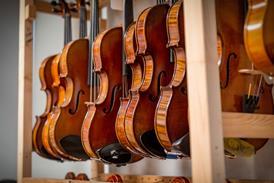

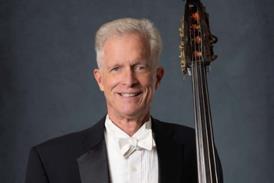
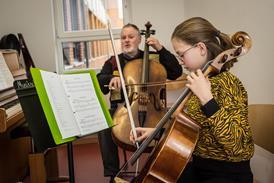

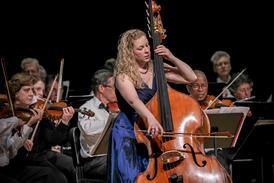


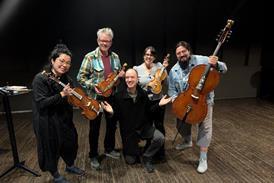
























No comments yet